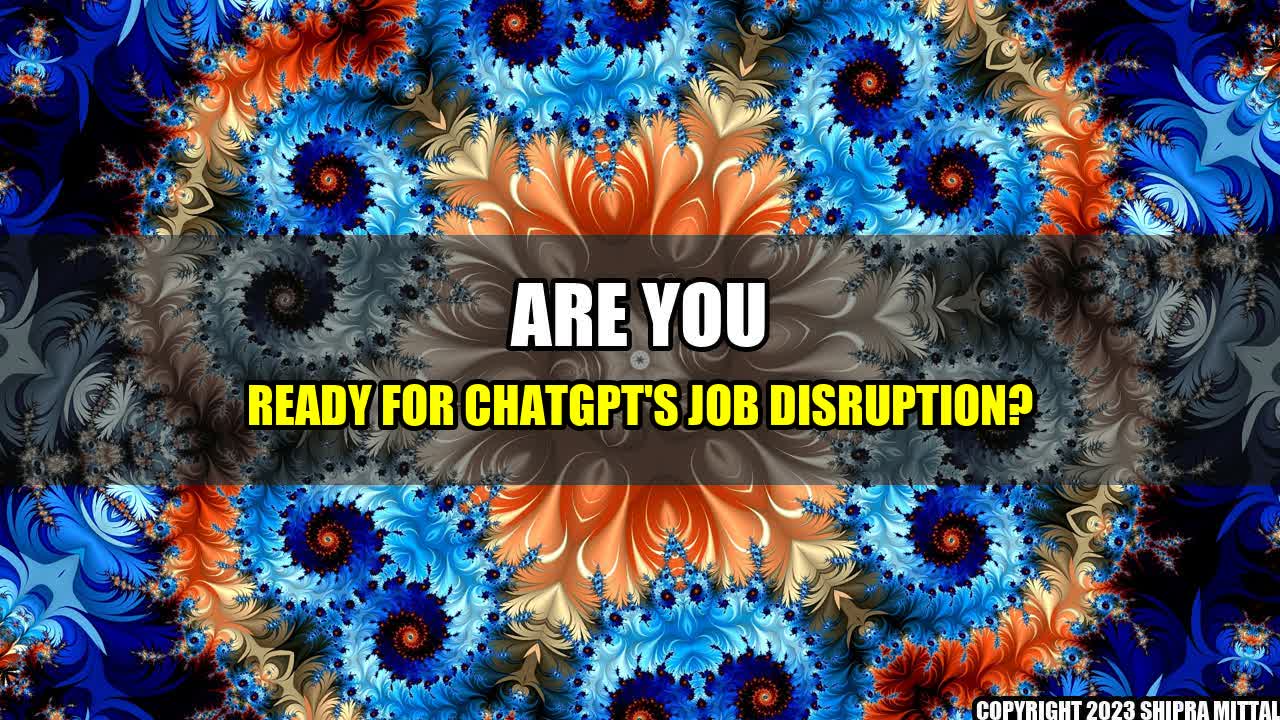It all started with a simple chatbot. Companies were eager to reduce overhead costs and improve customer service, and chatbots seemed like the perfect solution. But with the advent of ChatGPT, a new generation of chatbots that use natural language processing and machine learning to provide more personalized and human-like interaction, the job market is about to experience a major disruption.
Julia, a customer support representative at a major telecom company, shares her story: "When we first started using chatbots, I wasn't too worried. They were just helping us answer simple questions, and I thought they would never be able to replace human interaction. But then we started using ChatGPT, and I realized that it was different. Suddenly, the chatbot was able to understand the nuances of our customers' questions and provide tailored responses. It was like talking to a real person."
Julia's fears are not unfounded. According to a report by Barron's, the most at-risk jobs from ChatGPT's rise include customer support representatives, telemarketers, and data entry clerks. These jobs rely heavily on routine tasks and scripted responses, which ChatGPT can do more efficiently.
Real-life examples bear this out. Take, for instance, the case of Xerox, which used ChatGPT to automate its recruiting process. The chatbot was able to conduct initial interviews with candidates, eliminating the need for human recruiters to spend time on repetitive tasks. Xerox reported that ChatGPT saved them 70% in recruiting costs.
Other major companies have also hopped on the ChatGPT bandwagon. Capital One uses the technology to help customers with banking transactions, while H&M uses it to assist shoppers with fashion advice.
The rise of ChatGPT is both exciting and unsettling. On the one hand, it offers companies a way to improve efficiency and customer satisfaction. On the other hand, it raises questions about the future of work and the role of humans in the age of automation.
- As ChatGPT continues to improve, we may see more jobs at risk.
- However, there will always be a need for human creativity, critical thinking, and empathy.
- The challenge for companies will be to strike a balance between the benefits of automation and the value of human connection.

Akash Mittal Tech Article
Share on Twitter Share on LinkedIn